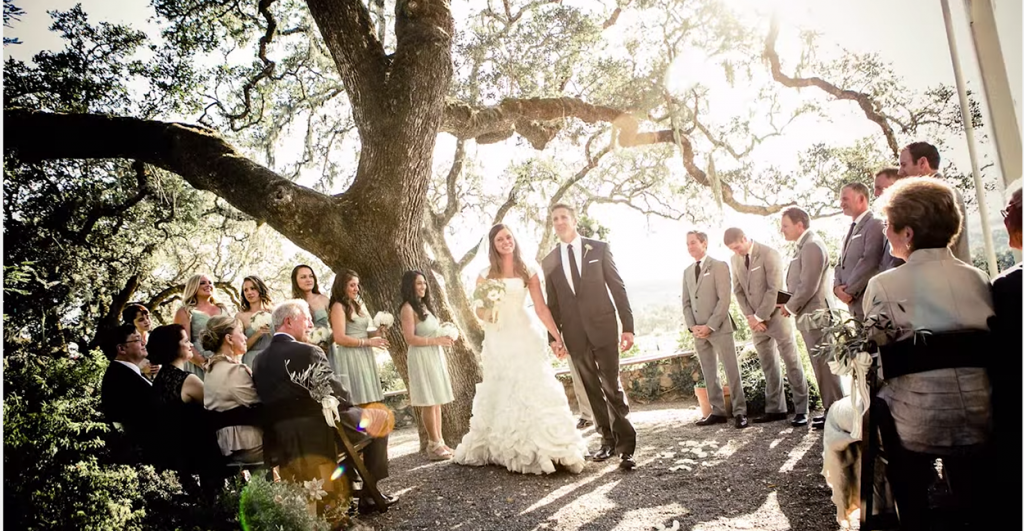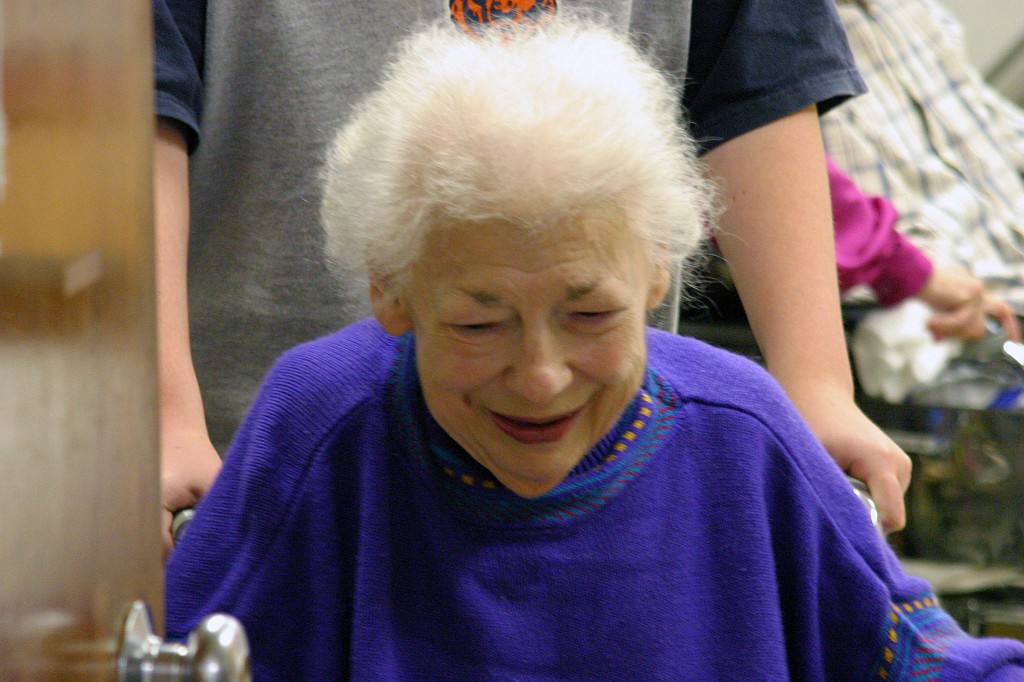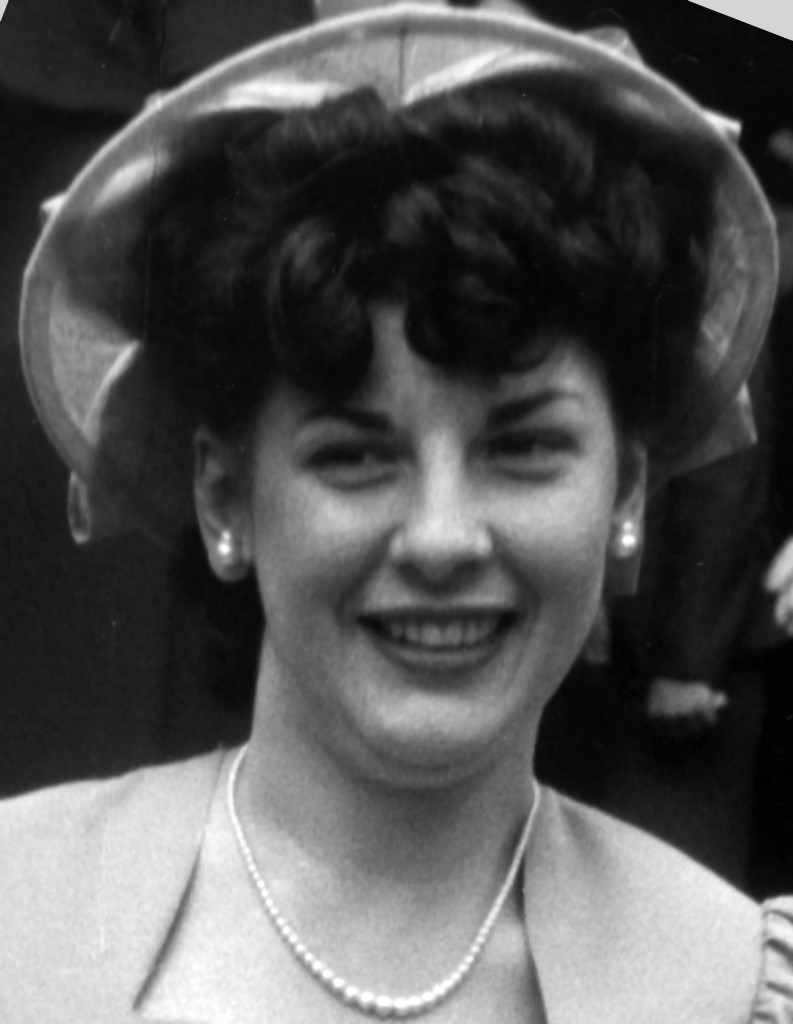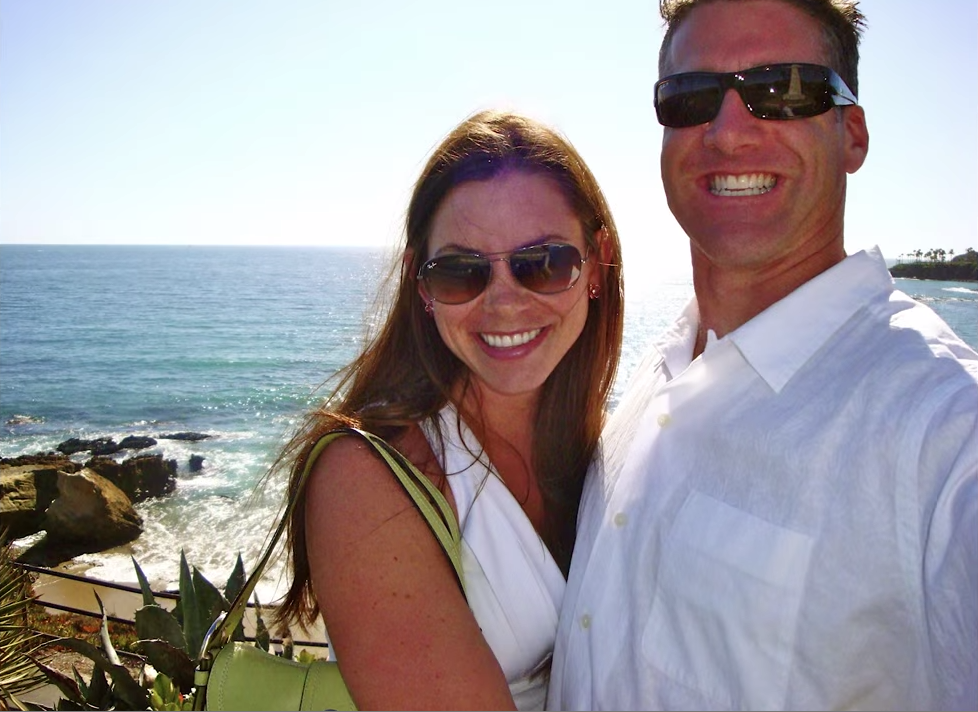This 29-Year-Old Woman Has Chosen to Die. Why That’s a Loss for All of Us.
Katrina Trinko /
>>> UPDATE: Brittany Maynard announced in a new video that while she still intends to choose when she dies, “I still feel good enough and I still have enough joy and I still laugh and smile with my family and friends enough that it doesn’t seem like the right time right now,” although “it will come, because I feel myself getting sicker. It’s happening each week.” Watch the video.
Brittany Maynard’s story is heartbreaking.
The 29-year-old has terminal brain cancer. She was diagnosed on New Year’s Day this year, just a little over a year after her wedding.
After an April diagnosis of six months to live, Maynard decided to move from San Francisco to Portland, Ore., to obtain a prescription that would allow her to die when she chose to. Currently, Oregon is one of five states that allow euthanasia in certain circumstances.
“I considered passing away in hospice care,” she writes in a CNN column. “But even with palliative medication, I could develop potentially morphine-resistant pain and suffer personality changes and verbal, cognitive and motor loss of virtually any kind.”
Maynard is planning to die Nov. 1, a few days after her husband’s birthday on Oct. 26.
“I will die upstairs in my bedroom that I share with my husband, with my mother and my husband by my side,” she recounts in the video she made about her decision, “and pass peacefully, with some music that I like in the background.”
“My glioblastoma is going to kill me, and that’s out of my control,” Maynard told People. “I’ve discussed with many experts how I would die from it, and it’s a terrible, terrible way to die. Being able to choose to go with dignity is less terrifying.”

“She’s always liked an adrenaline rush,” Brittany’s mother says in the now viral video. (Photo: Compassion Choices YouTube)
It’s not surprising that euthanasia advocates have embraced the phrase “death with dignity.” It’s powerful. It’s evocative.
Because death is very rarely dignified. It’s painful and it’s sordid. It’s often in a sterilized, cold hospital room, or a nursing home facility, with machines beeping in the background and strangers everywhere. There may or may not be last words, or even consciousness at the end, depending on the patient’s state.
And the pain can be searing, incredible, horrific.
All of this is true—and none of it makes euthanasia a good choice.
Because human life is valuable. There are no qualifications. It’s not just valuable when someone is healthy, or as long as someone has all his or her mental faculties.
It’s valuable always.
No matter what.
As a teen, I watched my grandma descend further and further into ill health. She lost the ability to walk, even with a walker. She needed help in the bathroom. She couldn’t dress herself. She was legally blind. Sometimes she was mentally competent, but there were other times she was senile, when she would eagerly ask me if I had enjoyed that book she got me for Christmas, the one made of bathroom tissue she had specially picked out for me.
She lived with my family, and then in a nursing home. She was in and out of hospitals, struggled with heart failure, and battled depression after my grandpa passed away.
I don’t know why she was allowed to suffer like she did.
I’ll probably never know.
But I do know that her suffering was not a wasted time. In high school, I read Blaise Pascal’s “Pensees,” and this particular passage stayed with me:
But does he who loves someone on account of beauty really love that person? No; for the small-pox, which will kill beauty without killing the person, will cause him to love her no more.
And if one loves me for my judgment, memory, he does not love me, for I can lose these qualities without losing myself. Where, then, is this Ego, if it be neither in the body nor in the soul? And how love the body or the soul, except for these qualities which do not constitute me, since they are perishable? … We never, then, love a person, but only qualities.
We never, then, love a person, but only qualities.
I know this isn’t true—because of my grandma.
My grandma’s beauty faded, her judgment was impaired, and her memory was often absent. Once a gifted artist, she was now no longer able to paint. Her personality, her traits both good and bad, her generosity and her temper, seemed to drift away.
You could say, negatively, that she was a shell of herself. Or you could say that she gave us an opportunity: She gave us a chance to love her, to love Rosemary Trinko, without the distraction of all her qualities and traits.
And that was an amazing gift.
I’m glad she gave it to us.
There are other reasons to be wary about legalizing physician-assisted suicide and voluntary euthanasia. In a 2013 article published on Public Discourse, bioethicist Jacqueline C. Harvey listed several concerns.
Talking about the process that proceeded Vermont’s legalization of physician-assisted suicide “legislators heard reports of incidents where terminally ill citizens were told by state medical plan authorities that they would not pay the cost of pain control, but would cover the cost of their suicides,” wrote Harvey. “They heard about study after study where research shows [physician-assisted suicide] serves to benefit the caregiver, not the patient.”
Furthermore, “a review of studies … indicate physicians often incorrectly diagnosed patients with terminal conditions and incorrectly estimated their life expectancy at six months or fewer.”
Harvey also expressed concern that some patients would benefit from psychiatric assistance:
[Vermont lawmakers] were informed too of substantial evidence that many patients opting to end their lives suffer from treatable depression, and physicians report that patients for whom interventions were made (like treating depression) were more likely to change their minds about wanting to end their lives.
These are serious concerns. We’re talking about people being pressured—by either those who hold the purse strings or those who are helping take care of them—to choose death, just because it’s now an option. We’re talking about people who could have lived significantly longer, inadvertently forfeiting that time because of the option to choose death. And we’re talking about people who are making a choice, not from a well-adjusted mind, but from the depths of depression.
Is this the kind of society we want?
Let’s stop talking about dignity—and let’s start talking about love.




